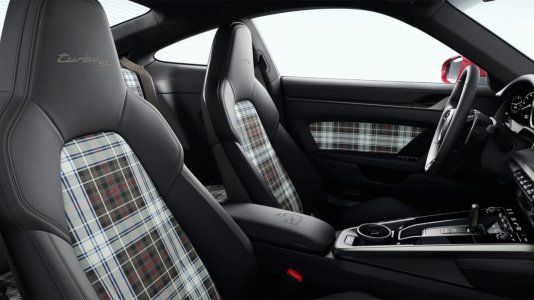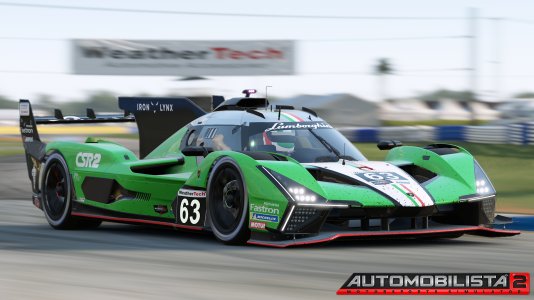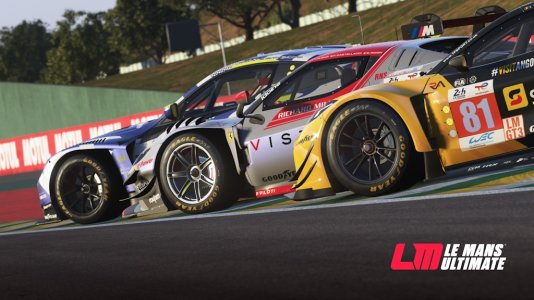A couple of weeks ago I found myself at Silverstone, reporting on Round 1 of the World Endurance Championship, I’d just like to say as an endurance racing virgin, what a race to pop my cherry on! I came away from the race on my scooter getting soaked in torrential rain on the motorway, finding myself in a conflict, I was asking is Formula One really number One anymore, I came to the conclusion that unless you’re Ferrari or McLaren, as of right now, especially as an engine manufacturer you’re far better off entering an LMP1 Hybrid.
Here’s why.
Toyota pulled out of Formula One in 2009 after 8 winless seasons and a highest finishing position of 2nd, in which they finished 5 times in all of their 140 grand prix. A couple of years later, in 2012 Toyota entered the newly formed WEC with a hybrid powered LMP1 car and have since earned themselves 10 race wins for 22 WEC races entered. The key behind this success is Toyota's technological development in WEC. Formula One for the best part of nearly 10 years has had an engine formula which has left minimal to no room for technical innovation nor any room at all for diversity of powertrain.
In under two months time four of the biggest car manufacturers in the world will be lining up to try and take victory the greatest race in the world, the 24 hours of Le Mans, with each manufacturer in LMP1 using a completely different powertrain setup to the other. Nissan are entering with a 1250bhp 3 Litre V6 twin turbo + hybrid system, Audi are using a 830bhp 4 litre V6 Turbo Diesel + hybrid system, Toyota 1000bhp 3.7 litre naturally aspirated V8 engine + hybrid system and Porsche are using a 1000bhp 2 litre turbo V4 + hybrid system. V4s to V8s, 2 litres or 4 litres, diesel or petrol, the variety of all of these setups is incredible and the people behind this amazing work should be applauded, not outlawed through a major set of eco-technological regulations that limit their own ability to work.
To put things into perspective, in Formula One currently the power units are producing anything between 650 to 800bhp if they aren't blowing up before covering a 300km race distance. LeMans prototypes boast high numbers, whilst covering at least 1000km and they also have to make 5 power units last longer than any grand prix power unit could dream of. Four different engine manufactures with four entirely different power units who’re constantly searching for more power - that’s WEC and I love it.
In stark contrast to WEC, in Formula One the engine manufacturers are given a spec sheet, 1.6 litre V6 Turbo with a hybrid system. It's a prison sentence because it's Ferrari, Mercedes, Renault and Honda locked up in the same prison cell, all forced to do the same thing. Ferrari would be screaming out "I want 12 cylinders", with Renault demanding "TURBOS! ALL THE TURBOS!" whilst Mercedes and Honda want to stand there with their lab coats on, and their blank cheque books open, in order to spend huge amounts on R&D. The prison warden - the FIA - remind them that they're there to do what the FIA say and not what they want. Meanwhile, if they looked out of the window they'd see Audi, Porsche, Toyota and Nissan, running around in the outdoors doing what ever they feel like. The sentence for the engine manufacturers is however long they've committed to providing teams with engines for.
It’s more stock car than F1 car for my liking, it just isn’t Formula One. I love this sport I really do, but it shouldn't be dogged with eco-political rules and regulations, which has put all the engine manufacturers on a very short leash, with no room to be creative, to try new things, to pit turbo against naturally aspirated, V8 against V12.
Formula One engine development will be just as exciting as GP2 engine development in 5 years time, we’ll be in the same situation we were in in 2013. All the V8’s sounded the same, they had virtually the same power and weight; Mercedes will soon lose the technical advantage and before we know it, the race winner will be determined by their chassis, and not what’s combusting fuel behind them. The competition should be healthy relying on chassis and power unit in equal proportions. Open up the regulations, let’s get some real competition and innovation going, new engine manufacturers aren't going to want to enter Formula One right now. They'd sooner run an LMP1 Hybrid, with which they can show off to the world, how advanced their hybrid technology is, and that they can produce x horsepower from an engine smaller than you'd find in a Ford Fiesta.
If you were Bernie, what power unit regulations would you change, or would you even have any? Let me know your thoughts and feelings and I’ll discuss some on this weeks RadioRD podcast!









